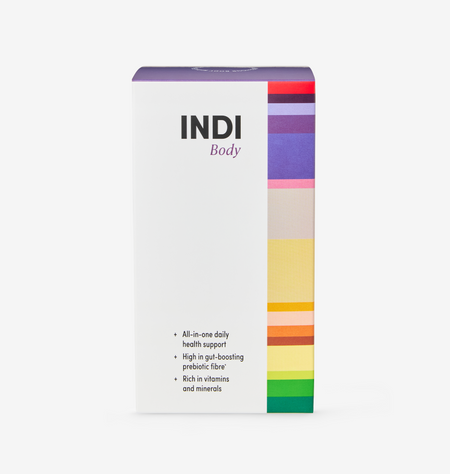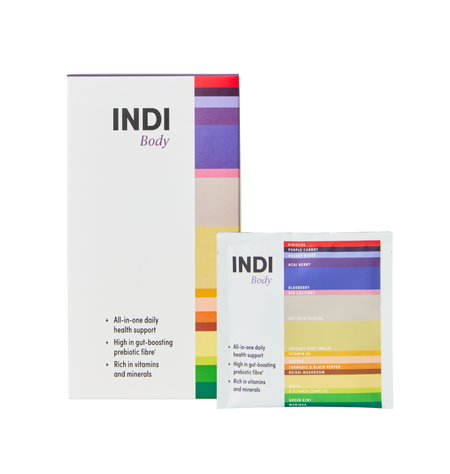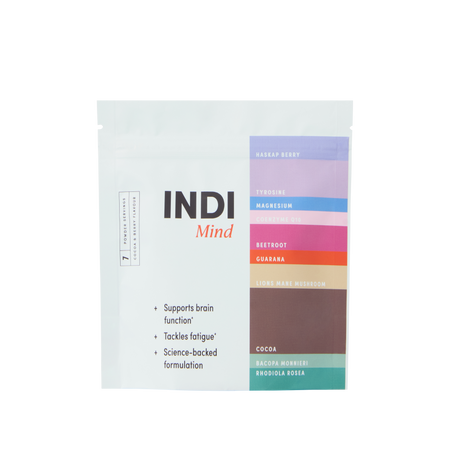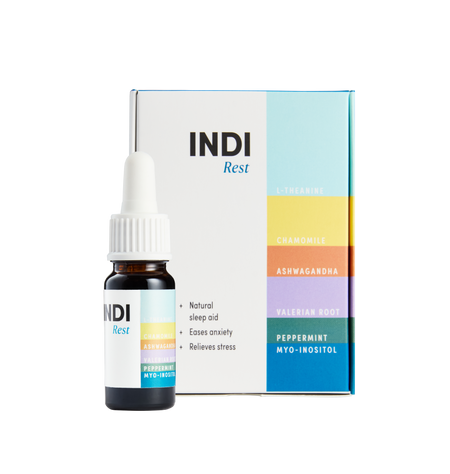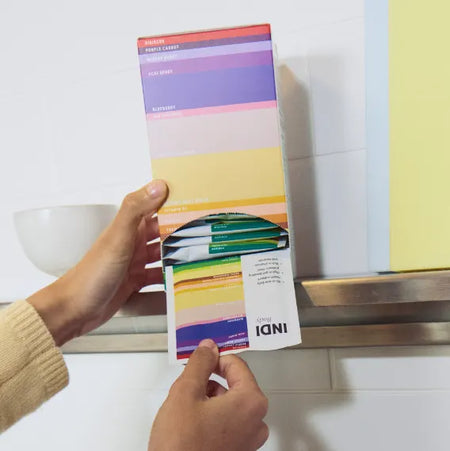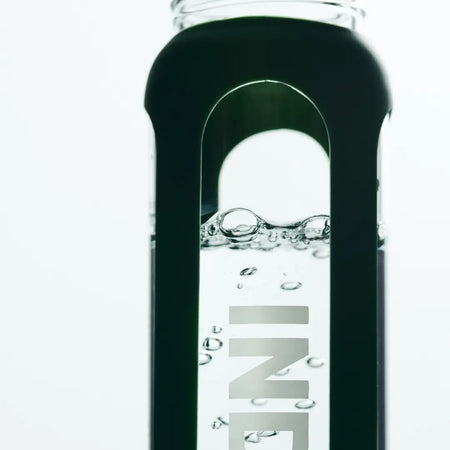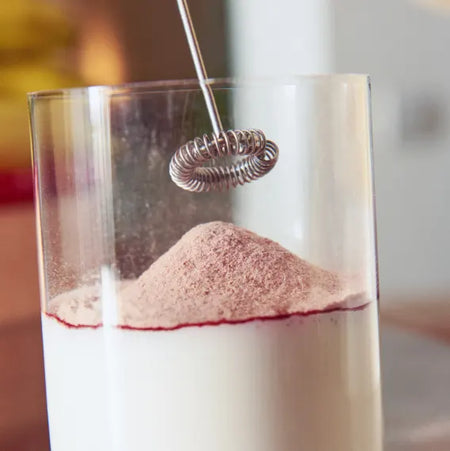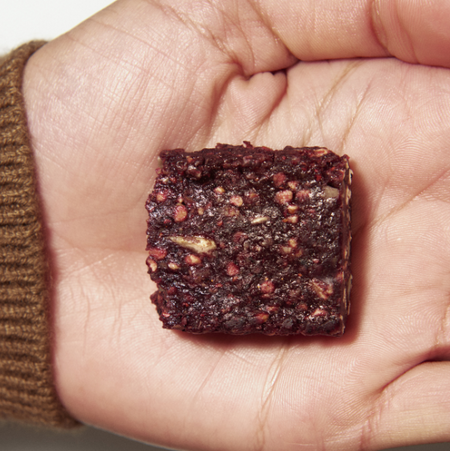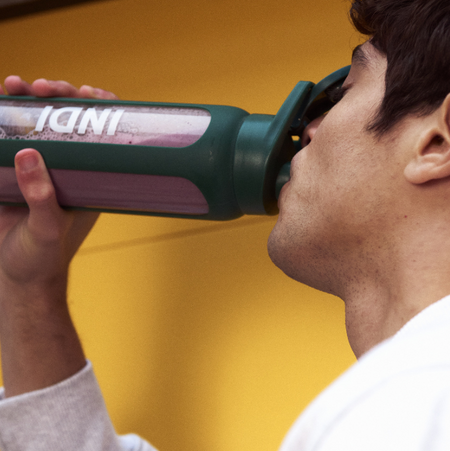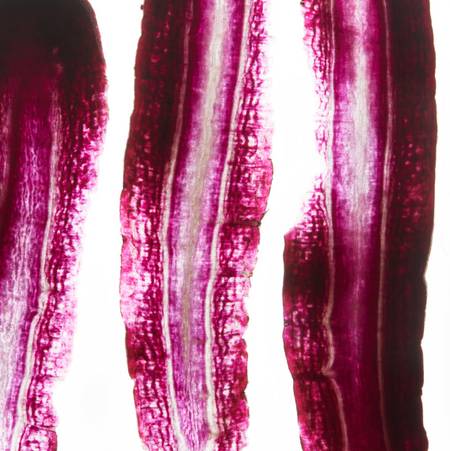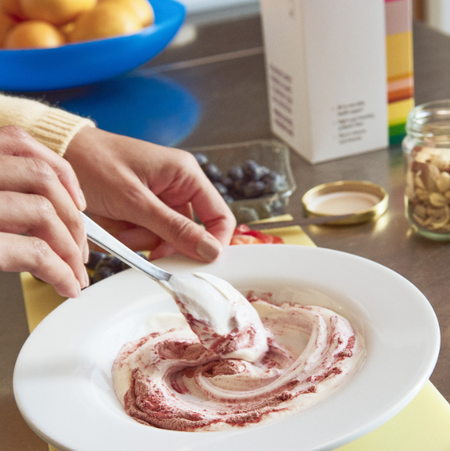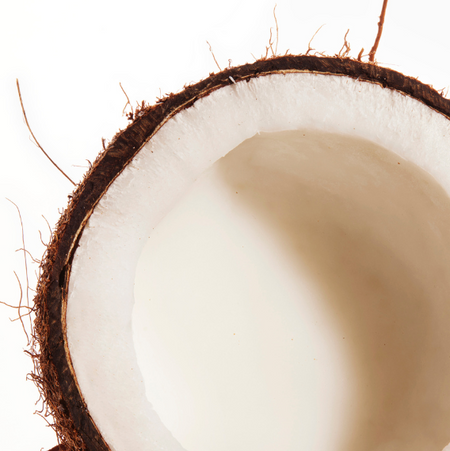Is chronic inflammation ageing you?
Inflammation: it’s a word we often think of negatively, but it’s a vital human defence mechanism that our immune system uses to fight against harmful pathogens and heal itself after an injury or infection. However, there’s another type of inflammation that can be so harmful that it’s even been dubbed “the silent killer”—chronic inflammation.
We’re going to dive into our bodies to explore why it occurs, and what we can do to prevent and reduce it.
WHAT IS INFLAMMATION?
Inflammation is a complex biological response that involves the activation of the immune system and the release of various chemicals and cells that work together to protect the body from foreign invaders. It occurs in response to injury, infection, or exposure to harmful substances.
WHAT'S THE DIFFERENCE BETWEEN ACUTE AND CHRONIC INFLAMMATION?
There are two types of inflammation: acute and chronic. Acute inflammation is a short-lived response that helps the body recover from injury or infection. While acute inflammation often presents on the skin as swelling, redness or heat, chronic inflammation is usually hidden in the body, presenting as joint stiffness, insomnia or muscle pain, which is why it can often be ignored. Chronic inflammation is a persistent low-grade response that can cause damage to tissues and organs, and lead to various chronic diseases. Chronic inflammation is often called the "silent killer" because it may not have any visible signs or symptoms for many years, going unnoticed until it causes irreversible damage to the body.
WHAT CAUSES CHRONIC INFLAMMATION?
Chronic inflammation can be caused by various factors, including excessive alcohol consumption, smoking, lack of exercise, chronic stress, lack of sleep, exposure to environmental toxins, and untreated acute infections. A diet high in processed foods, sugar and unhealthy fats can cause inflammation in the body, which is why a healthy, balanced diet is so important.
DOES INFLAMMATION CAUSE CHRONIC DISEASES?
Chronic inflammation has been linked to various chronic diseases, including heart disease, diabetes, cancer, and autoimmune disorders. Inflammation can damage blood vessels, leading to the development of atherosclerosis, which is a major risk factor for heart disease. Chronic inflammation can also lead to insulin resistance, which can cause diabetes and can contribute to the development of autoimmune disorders, where the immune system attacks healthy tissues and organs. Worldwide, 3 of 5 people die each year of chronic inflammatory diseases. If everyone incorporated healthier lifestyle habits, it could have the power to significantly reduce this statistic.
DOES CHRONIC INFLAMMATION CAUSE PREMATURE AGEING?
Yes, chronic inflammation can also affect our longevity. While we have our chronological age, what matters is our biological age. If we feel younger or older than we are in terms of our physical capacity, this can be a good indicator of the level of chronic inflammation in our bodies.
As we age, our immune system naturally begins to deregulate, leaving our health susceptible to age-related diseases in later life like atherosclerosis, diabetes, obesity, arthritis, sarcopenia and Alzheimer’s disease. This is known as "inflammageing," but we can also experience this process early if we don’t get a handle on chronic low-grade inflammation.
Chronic inflammation can affect our appearance, leading to premature skin ageing that shows up as hyperpigmentation, wrinkles and fine lines, or dull and thin skin.
PREVENTION AND MANAGEMENT OF CHRONIC INFLAMMATION
It's important to prevent and manage chronic inflammation to reduce the risk of chronic diseases. Lifestyle changes such as maintaining a healthy diet, getting regular exercise, reducing stress, and avoiding smoking and excessive alcohol consumption can help you to feel better now and in the long run.
HOW ANTI-INFLAMMATORY FOODS CAN HELP
Consuming anti-inflammatory foods and supplements such as omega-3 fatty acids, turmeric, and green tea can also help reduce inflammation in the body.
In Body, we use curcumin extract (from turmeric) with 95% curcuminoids, combined with Piperine which increases absorption by 2000%, to target both chronic and acute inflammation. Regular turmeric powder contains just 2% curcumin. Ours is much more potent—for reference, you would need to consume 10 grams of turmeric daily to get the equivalent benefits, or 20 capsules from your typical health food shop.
In Dr Michael Gregor’s book, How Not to Die: Discover the Foods Scientifically Proven to Prevent and Reverse Disease, he writes that middle-aged men in India are 11x times less likely to get colon cancer than the same-age men in the USA. Is it a coincidence that turmeric is prevalent in Indian cooking, and processed meat isn’t a part of their typical diet? We don’t think so.
Chronic inflammation undoubtedly causes our health to decline, but understanding the causes and effects is essential to prevent and manage it. Small daily steps such as maintaining a healthy diet, getting regular exercise, reducing stress, and consuming anti-inflammatory foods and supplements like Body daily can help reduce chronic inflammation and the risk of chronic diseases to help you feel better for longer. Age is just a number—but your biological age is your power.
Body
£55.00
Daily Gut Support
Our delicious berry flavour whole food and fibre-rich plant powder bolsters your daily diet to improve gut health, digestion, energy, mood and more. Loved by nutritionists, it's an everyday essential that virtually anyone will benefit from.
